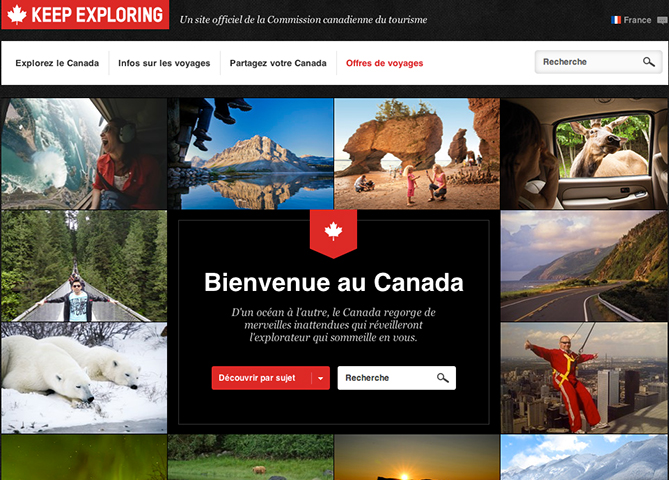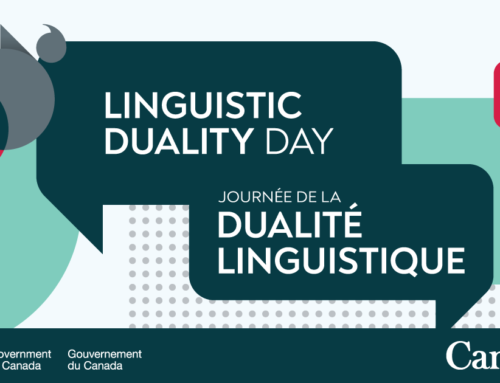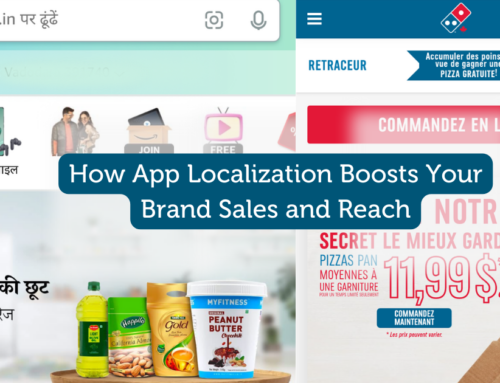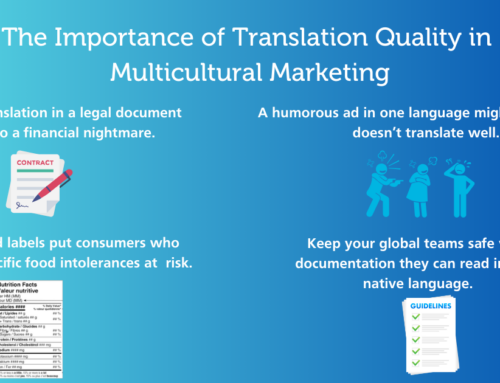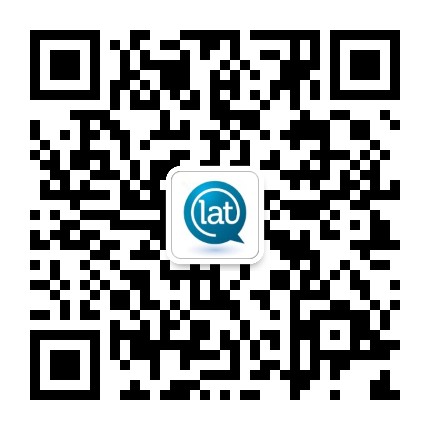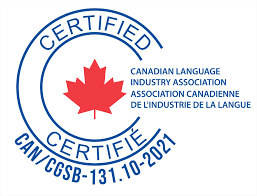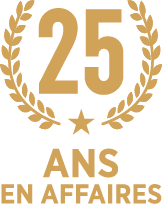When you think of a Canadian Crown corporation, the image of the Senate comes to mind. A somewhat dusty image. Yet there is one such corporation that I find astonishing, and even impressive.
The Canadian Tourism Commission (CTC for short) is one of those businesses that, when faced with drastic budget cuts, rolls up its sleeves and finds innovative solutions. The results of the promotional campaign “35 Million Directors” provide a good illustration of what can be accomplished with sparse financial means:
The CTC’s mandate is to promote Canada to the rest of the world. It targets certain markets in Europe and Asia (especially Australia), chosen for their performance. Of these ten markets, only one has French as its national language. Two are Anglophone markets. And the others? Each has one or more languages of its own. Of course, we could do everything in English and hope that the clientele will understand. Except that, due to budget constraints, the CTC’s marketing must be efficient and cost-effective. The goal is not to speak only to the segment of Brazil’s population that understands English, but to reach everyone. Furthermore, several studies have shown that consumers are drawn much more to brands that speak to them in their language.
This is why the CTC invests in translation and localization in its marketing. When it addresses the Chinese market, it does so in Mandarin. Not only in its advertising materials, but also, and particularly, over the Internet. In addition to posting on its own Chinese-language Website, the CTC is very active on Weibo (the equivalent of Facebook and Twitter), the most popular social site in China. In this way, Chinese consumers take over and speak to each other about Canada, sharing pictures of bears and Northern Lights, and finally saying: “What if I went there…?” In Mandarin, of course.
Most of the obstacles to international communications have been eliminated. What remains is language. For tourism organizations or companies interested in developing their markets, translation represents added value. Through translation, tourism destinations and products naturally take shape in the minds of the clients who are being targeted.
Just like the CTC, tourism companies in the private sector have to rely on a team of translators who know not only how to communicate with travellers from various markets, but also how to approach them and get their attention. Because before encouraging a Korean woman or a German man to speak to their friends about the new dream destination (OMG!!! I want to go THERE!), you have to reach them first on a personal level. By speaking to them in their own language.

